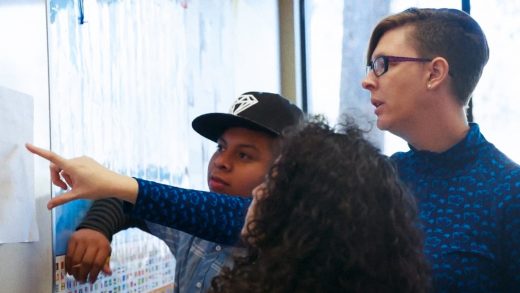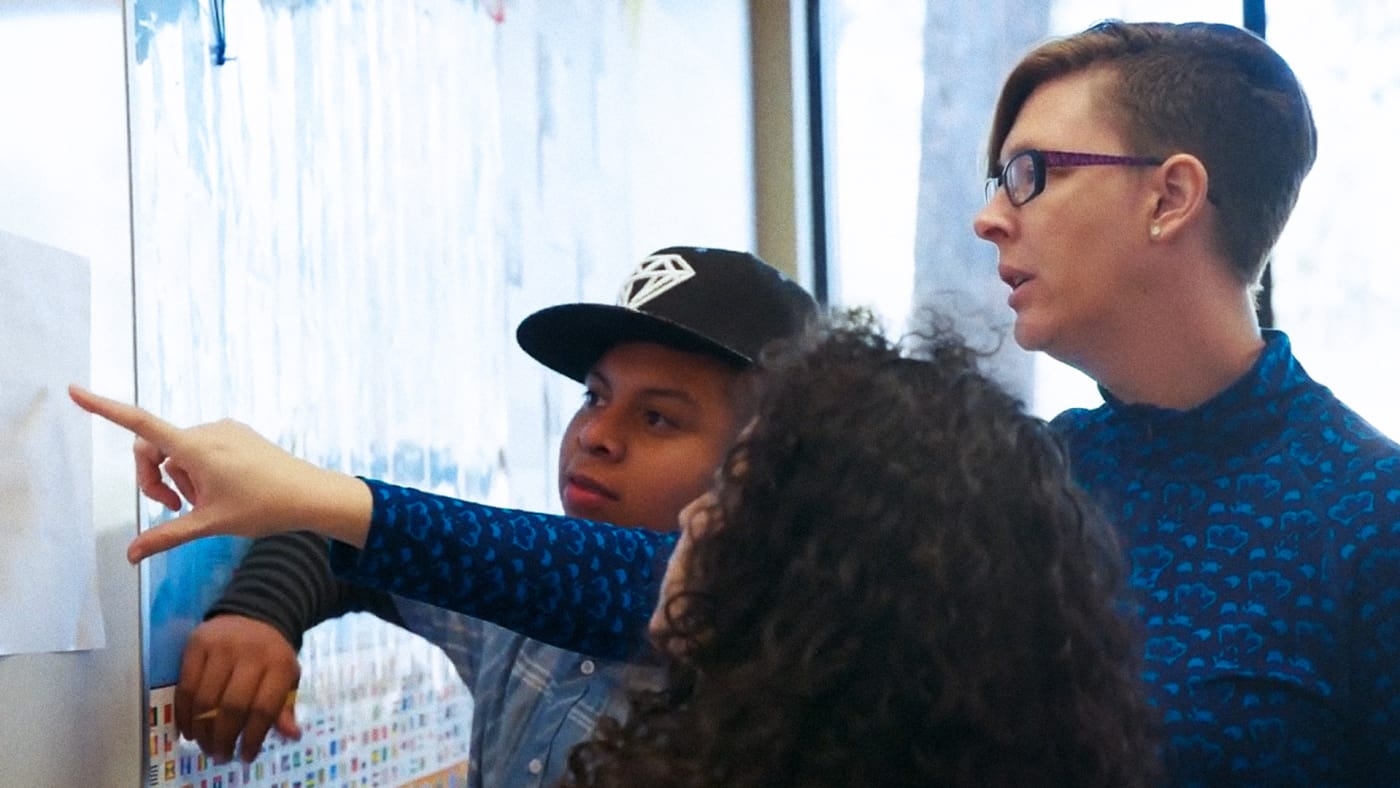Bill Gates is encouraging teachers’ grassroots efforts for change
Mandy Manning works at Ferris High School’s Newcomer Center in Spokane, Washington, and specializes in teaching English language development to new immigrants and refugees. She also urges teachers to become more active in shaping the policies that may affect their schools, and for legislators to be more welcoming of that. For her work, she’s Washington state’s teacher of the year.
She also has a powerful fan in billionaire philanthropist Bill Gates, who has been highlighting her inspirational work and achievements on his GatesNotes blog. And, as part of a back-to-school focus on the Gates Foundation’s work in U.S. schools, enabling more of teachers to do great work through a one-day-only 50% match to donors who fund back-to-school classroom projects on nonprofit crowdfunding site DonorsChoose.
Gates has done both things annually since 2014. Each year he runs a similar campaign on the crowdfunding site (although the amount of time that it’s live has varied) and profiles his home state’s top educator. This year, though, Manning was also named National Teacher of the Year. So Gates wrote his own story about meeting her, and asked her to share her own thoughts separately about how teachers can collectively continue to impact the country.
As Gates learns in an accompanying video interview of Manning, about 80% of her students are refugees from places like Syria, Myanmar, Sudan and many more conflict zones: The school serves a population that speaks 77 different languages. Many also deal with PTSD and culture shock, but are eager to learn and thankful for the opportunity. Gates points out some of Manning’s successes with incoming students have been are remarkable, but equally impressive is that she’s operating within a system empowers her to help them achieve. “Hearing Mandy talk about her students reminded me of one of the biggest strengths of America’s public schools: They are intended to help every child succeed,” he adds.
Of course, things don’t always work out that way. For her part, Manning writes that teachers becoming more engaged in the creation of federal, state and local policies can improve that goal. One example: In Washington state, a federal law that was meant to improve kids access to recess in order to fight obesity was vague enough to be interpreted differently among school districts. “Some had up to 60 minutes of recess a day, while others had virtually none,” she says, noting that those who suffered the most were in low-income areas. (Gates’ own education endeavors including building smaller schools, promoting Common Core state standards, and most recently expensive experiments in how to improve teacher effectiveness have also generated mixed receptions and results.)
Recess policy in the Seattle area changed when local educators spotted the problem and worked out a compromise: all districts much allow for 30 minutes of unstructured recess a day. “This is a prime example of how educators can use their experience to impact local policy,” Manning says. “As the people who interact with students every day, we know what is best for them in the classroom, and we must lead not only in carrying out policies, but in developing them in the first place.”
(31)



